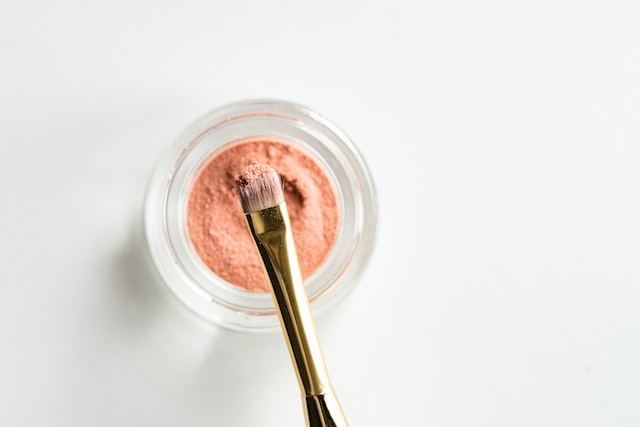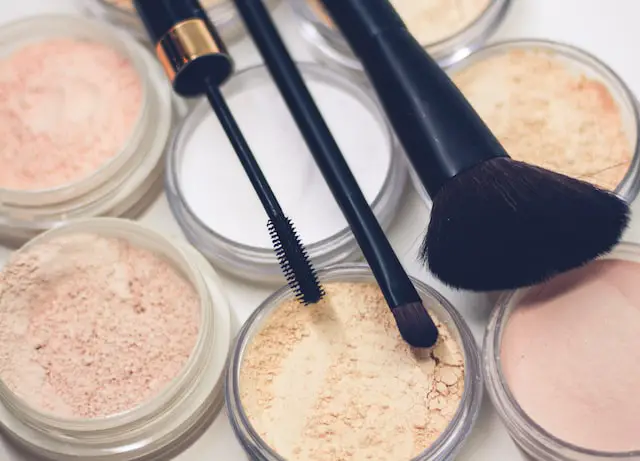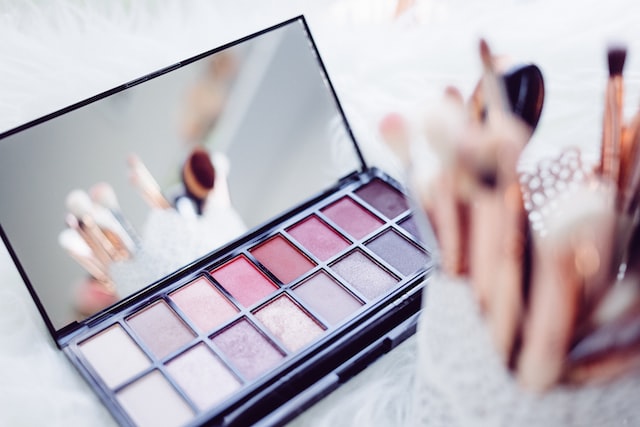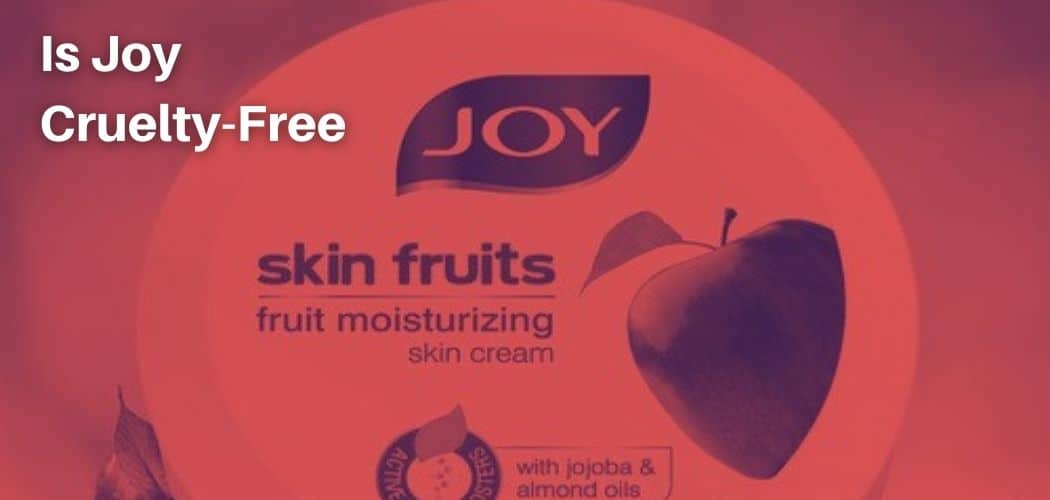The possibility of finding vegan makeup, a cruelty-free brand, is not unthinkable. It’s really not. If you aren’t familiar with the term, vegan makeup is a brand that does not contain any animal byproducts.
The word cruelty-free is another buzzword that is used when referring to these products.
There are four questions you need to ask before you use something on your skin.
Is this vegan?
Is this cruelty-free?
Is this safe?
Does this have any proven health benefits?
The Joy brand features a diverse selection of vegan nail polishes, lipsticks, and other cosmetics proudly made in the USA. How ethical is the Joy brand? Read on to find out!
Is Joy Cruelty-Free?
Joy is not cruelty-free.
Joy is owned by Procter & Gamble, a company that conducts animal testing on a regular basis as part of the production process.

In fact, P&G has been one of the most actively involved companies in recent years in pushing for mandatory animal testing requirements across the European Union and globally.
They have also lobbied against bans on animal testing for cosmetics in other countries around the world.
Is it vegan-friendly?
Joy is a large household brand that makes a variety of products for hair and skincare. They also sell many perfumes and fragrances.
There is no official statement from the company on whether or not their products are vegan-friendly.
They do offer some vegan products but because this company is not cruelty-free, we recommend avoiding any products they offer even if they are vegan.
Is Joy owned by a parent company that tests on animals?
As mentioned previously, Joy is owned by Procter and Gamble, the same company that owns brands such as Crest, Head & Shoulders, Pantene, and many others.

Procter & Gamble is a multinational consumer goods company. P&G is known for its animal testing practices.
The company has been criticized by animal rights groups and boycott campaigns such as Cruelty Free International, which has dubbed the company “The World’s Most Animal Testing Company”.
Is Joy certified cruelty-free by any organizations?
No, a search of the PETA website showed that, to the best of our knowledge, P&G has never released a statement regarding animal testing or certified by any organization.
Does Joy sell their products in China?
Joy is not cruelty-free or vegan-friendly. This means that they do test their products or ingredients on animals and they also allow animal testing in their supply chain.

Moreover, the company sells its products in China, where animal testing is required by law, so it’s possible that some of its products are tested on animals before being sold there (and possibly elsewhere).
Many people choose to avoid brands that sell in China because of this issue and because it means that the brand does not control what happens with its products once they’re sold there (and therefore can’t guarantee that no animal testing was used).
Is it ethical?
The Joy brand is owned by Procter and Gamble, which has a history of animal testing. So it’s not cruelty-free.
Some products are vegan, but you have to check the ingredients list on the packaging to be sure.
There’s no guarantee that other products in the range are vegan-friendly, so if I am looking for a cruelty-free option, I’d look elsewhere.
The bad news is that all of P&G’s beauty brands are sold in China (where animal testing is required by law), so they do test on animals there.
How do you determine that brands like Joy are not cruelty-free?
There are two main ways to determine whether a brand is cruelty-free. The first is through independent cruelty-free certification programs like PETA’s Beauty Without Bunnies program.
These programs certify companies that meet their strict criteria and do not test on animals.

The second method is by reviewing the company’s cruelty-free policy.
A cruelty-free policy means that the brand does not test on animals at any point during the production process, including ingredients suppliers and sub-contractors.
If a brand does not have a cruelty-free policy, it likely tests on animals at some point in its production process.
Many brands also use vegan symbols or text when labeling their products to let consumers know they don’t contain animal ingredients or byproducts.
Conclusion:
The benefits of going cruelty-free far outweigh the insignificant and cheap costs an animal’s life may save.
Not only will you be preventing animals from suffering, but you will also be avoiding all of the animal testing and labor that are indirectly complicit as well.
Although many companies have only recently begun to demonstrate their commitment to non-animal testing, not all companies are as confident as they seem.
As we dive deeper into the cruelty-free makeup market, it can be difficult to determine which products are completely safe for animal lovers.

